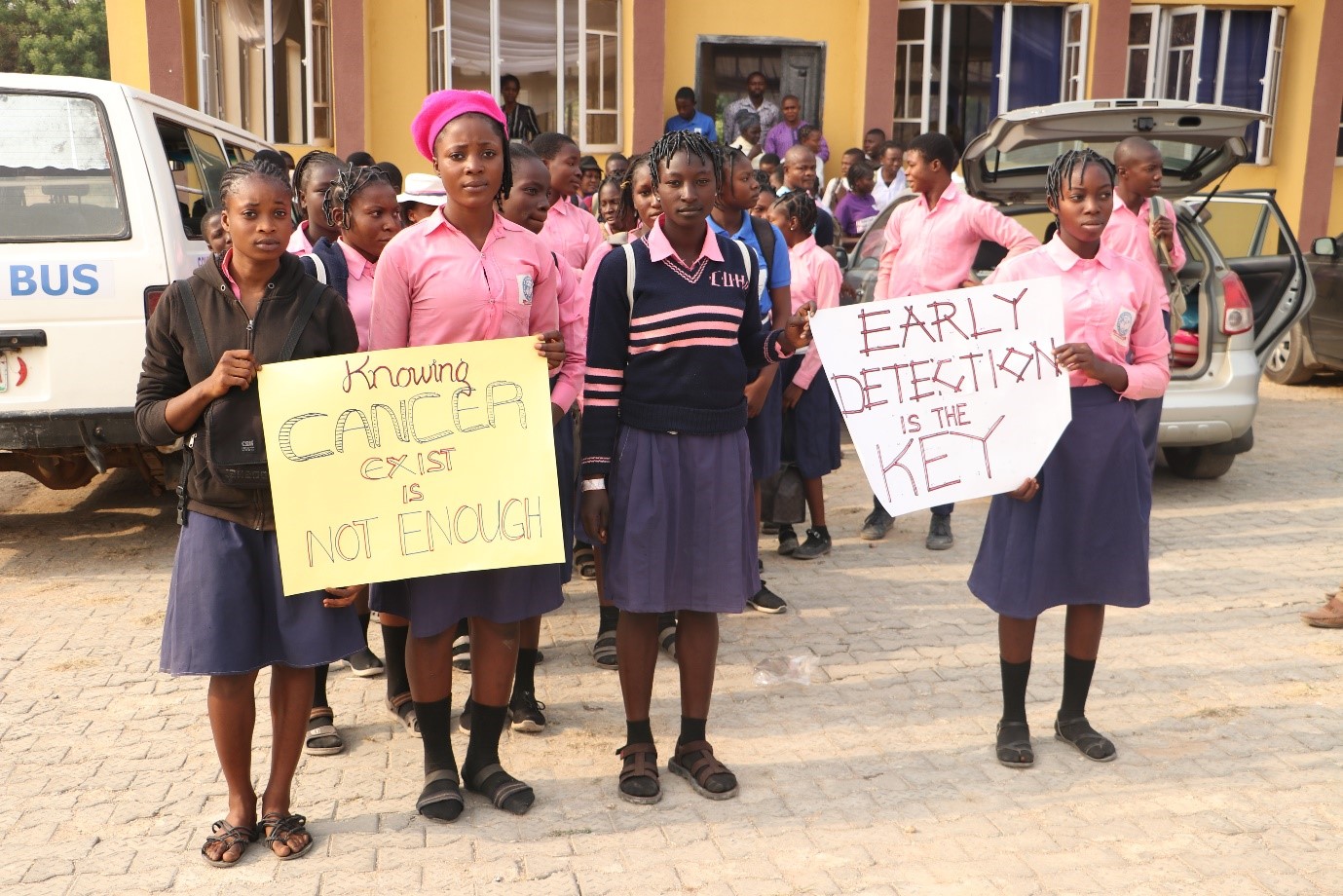Subtotal $0.00
Cancer is often thought of as a disease of affluent societies, but today it casts a long, heavy shadow over the developing world. In reality, nearly 70% of cancer deaths occur in low- and middle-income countries. In these parts of the world, cancer is not just a personal tragedy; it is a public health crisis made worse by silence, stigma, and scarce resources.
At DHF, we are deeply aware of how quietly and devastatingly cancer moves through underserved communities. Limited access to healthcare means that many people are diagnosed only when their illness has reached an advanced stage. In some rural areas, the nearest diagnostic centre might be hundreds of kilometres away. Even then, specialised cancer care—such as surgery, chemotherapy, or radiotherapy—may be unavailable or unaffordable. However, it is not just the healthcare infrastructure that stands in the way. There is also a profound lack of awareness. In many places, myths about cancer persist: that it is contagious, that it is always fatal, or that it is a punishment. These beliefs prevent early diagnosis and drive families into secrecy and isolation. Awareness, or the lack of it, can be the difference between life and death.
The burden of cancer also falls disproportionately on women. Breast and cervical cancers are among the leading causes of cancer deaths in women across the developing world. And yet, many have never heard of a Pap smear, a breast exam, or the HPV vaccine that could save their lives. In communities where daily survival is a struggle, preventive health measures are often seen as luxuries, not necessities.
At DHF, we believe that awareness is not a luxury — it is a human right. We work tirelessly to educate communities about the importance of early detection, healthy living, and destigmatising the conversation around cancer. Through mobile clinics, we bring screening services for breast, cervical, and prostate cancers directly to remote areas where medical services are otherwise out of reach. We train local healthcare workers to recognise the early warning signs of cancer and to serve as trusted sources of knowledge within their communities.
Meanwhile, education alone is not enough. We also advocate for national policies that prioritise cancer care and fund essential health services. We believe that governments must recognise that fighting cancer is not just a matter of saving lives; it is about protecting families, safeguarding economies, and strengthening nations. Cancer does not have to be a death sentence. With the right knowledge, early diagnosis, and accessible care, it is possible to fight back — and win. At DHF, we are committed to building a world where every person, no matter where they live, has a fair chance at survival.
We invite you to join us. Your support can help us bring awareness, screenings, and hope to the places that need them most. Together, we can break the silence, challenge the stigma, and change the future.
At DHF, we know that every life matters — and every effort counts.
